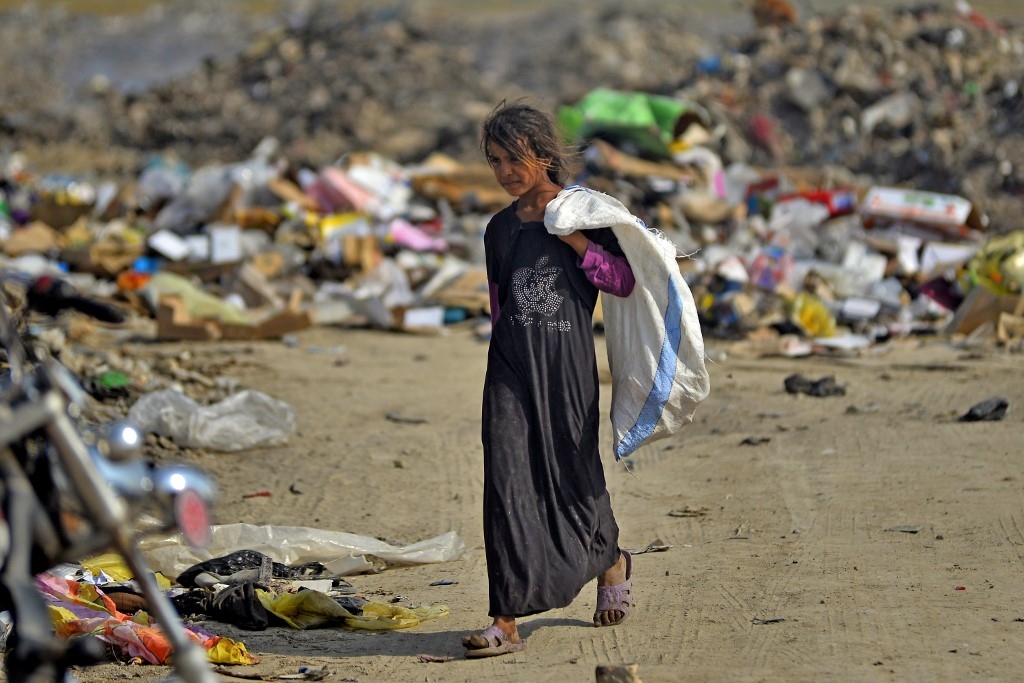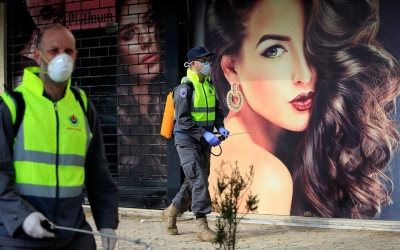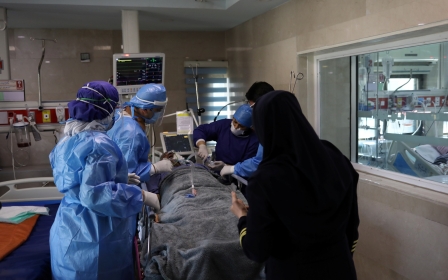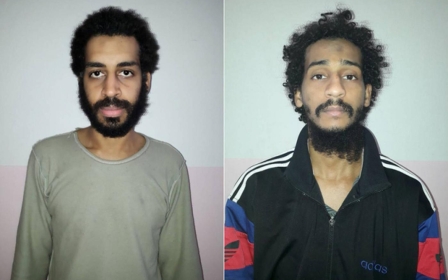Coronavirus: Pandemic may plunge 8.3 million Arabs into poverty

Millions of people around the world face economic uncertainty as the coronavirus pandemic continues to spread, but a UN office focused on the Middle East has warned that the Arab world will be particularly afflicted, with about 8.3 million people expected to fall into poverty.
Such a massive increase would bring the total number of people in the Arab world ranked as poor to 101.4 million, including 52 million who are classified by the UN as "undernourished".
According to Wednesday's report by the UN's Economic and Social Commission for Western Asia (ESCWA), the number of undernourished people would increase by about 2 million.
According to the agency, undernourishment is the biggest risk to health worldwide - greater than AIDS, malaria and tuberculosis combined - with about 821 million people not getting enough food to be healthy and live an active life.
'The consequences of this crisis will be particularly severe on vulnerable groups, especially women and young adults,'
- Rola Dashti, ESCWA
"Arab Governments must ensure a swift emergency response to protect their people from falling into poverty and food insecurity owing to the impact of Covid-19," said ESCWA Executive Secretary, Rola Dashti.
New MEE newsletter: Jerusalem Dispatch
Sign up to get the latest insights and analysis on Israel-Palestine, alongside Turkey Unpacked and other MEE newsletters
"The regional emergency response must support national efforts and mobilize resources and expertise to protect the poor and vulnerable."
Last month, the agency warned that the coronavirus pandemic may wipe out more than 1.7 million jobs across the Arab world this year.
"The consequences of this crisis will be particularly severe on vulnerable groups, especially women and young adults, and those working in the informal sector who have no access to social protection and unemployment insurance," Dashti said.
Some countries in the region have turned to stimulus plans to counteract the impact of the pandemic on their economies. In March, the UAE and Saudi Arabia announced tens of billions of dollars worth of plans, but tourism-dependent countries with limited oil reserves like Tunisia are expected to have a much harder time.
Khalid Abu-Ismail, senior economist at ESCWA, told UN News that the agency had highlighted several measures that could be taken to ease the crisis: extending credit to small businesses and enterprises, building on community outreach efforts, expanding cash transfers to the poor and vulnerable and expanding food voucher systems.
Preventing food waste
As the spread of the coronavirus disrupts global food supplies, poorly executed social protection schemes in many Arab countries are bound to leave the most vulnerable with no means to make it through the pandemic, the ESCWA report said.
Because of the high dependence on food imports in the region, food security is one of the biggest concerns. To combat those concerns, ESCWA recommended that countries in the region work to lower their levels of food waste.
The region is losing around $60bn annually in food loss and waste, ESCWA said.
While that number may seem exorbitant, it is dwarfed by those of some Western countries such the US, which wastes between 30-40 percent of its food supply a year, amounting to $161 bn in 2010 according to the Department of Agriculture's latest figures.
ESCWA said reducing food waste in the Arab world by 50 percent would increase household income by about $20bn. The region would be able to significantly improve food availability, reduce food imports and improve its trade balance in the process.
ESCWA covers 18 Arab countries: Bahrain, Egypt, Iraq, Jordan, Kuwait, Lebanon, Libya, Mauritania, Morocco, Oman, Palestine, Qatar, Saudi Arabia, Sudan, Syria, Tunisia, the UAE and Yemen. It does not report on Algeria, Iran, Israel or Turkey.
Middle East Eye delivers independent and unrivalled coverage and analysis of the Middle East, North Africa and beyond. To learn more about republishing this content and the associated fees, please fill out this form. More about MEE can be found here.





